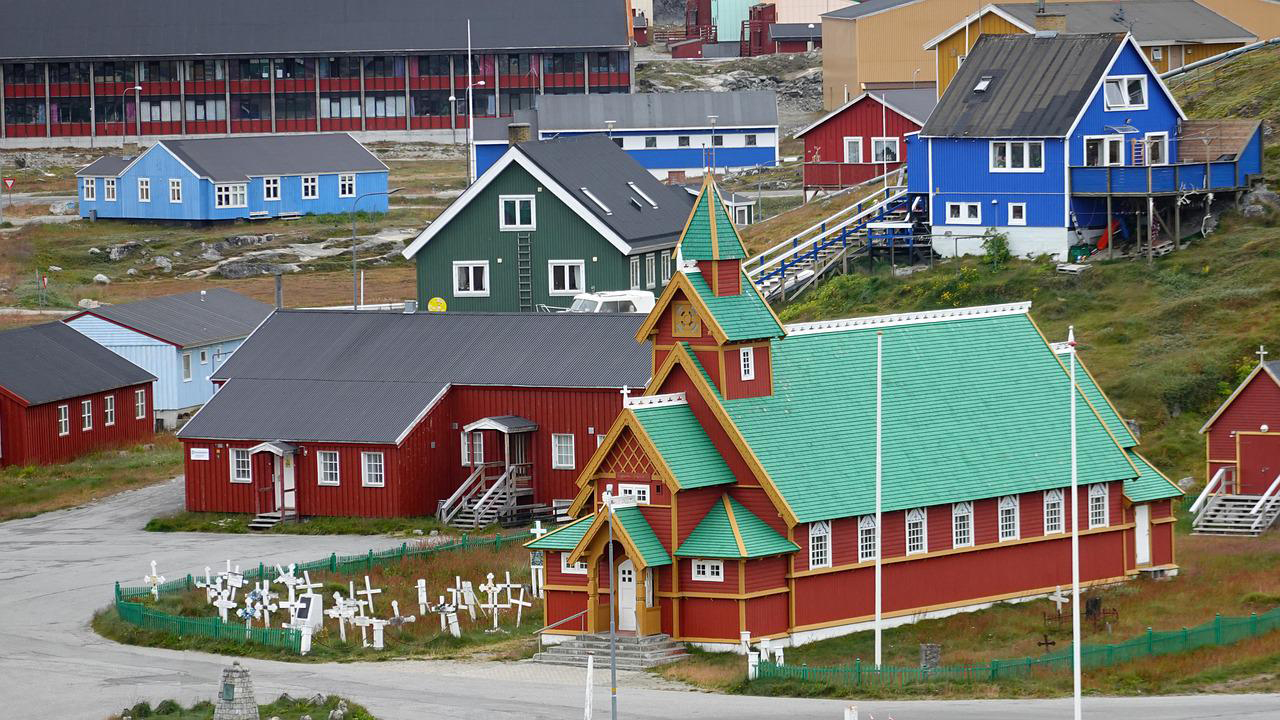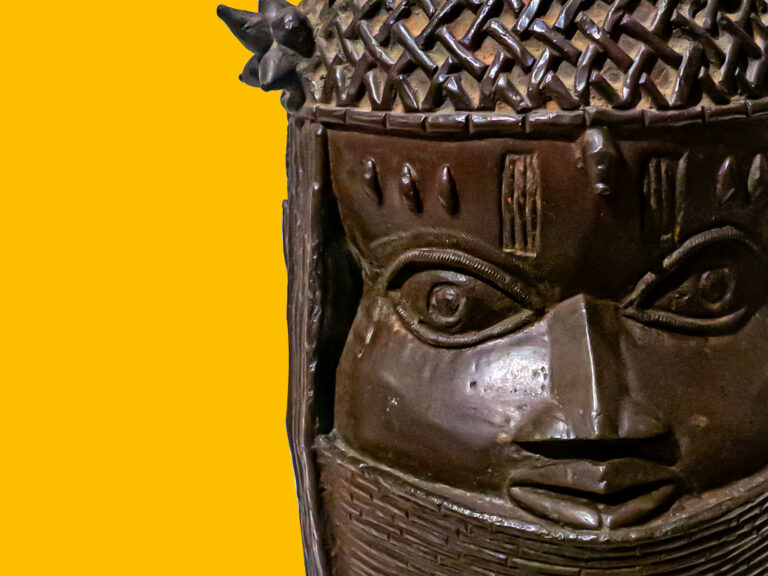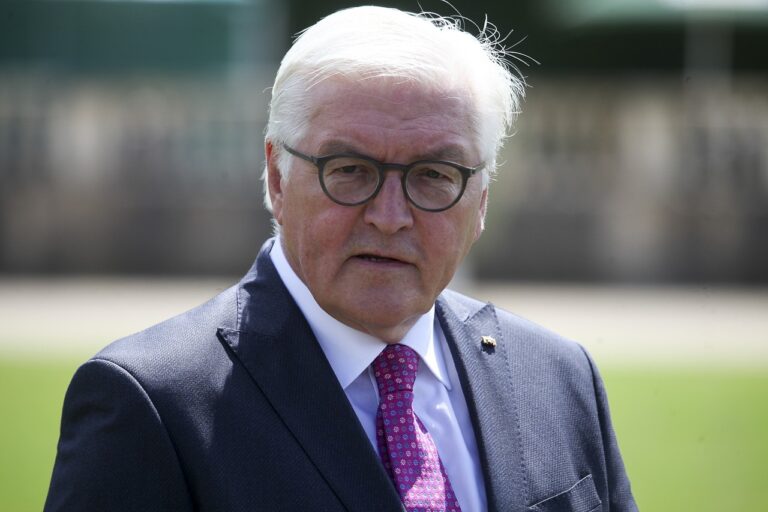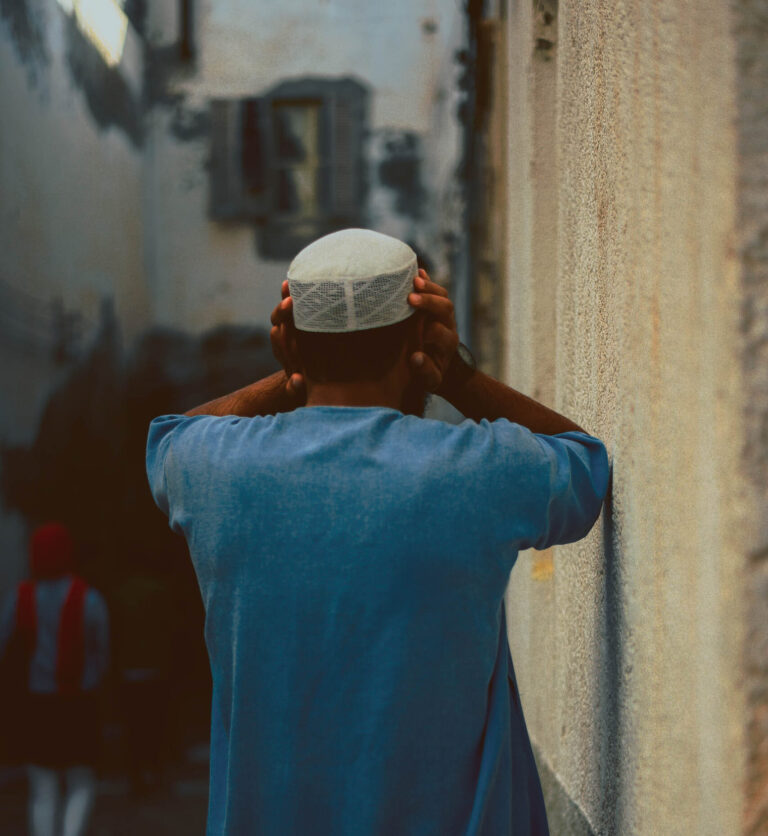Copenhagen, Denmark (TP)
Denmark and Greenland have decided to investigate their historical bonds since WWII. The investigation will focus on political decisions, events, and other cases that impacted Greenland and its citizens’ development. Relationships between Denmark and Greenland will also be investigated, a press release from the Danish Prime Minister’s office states.
“The Danish-Greenlandic relationship is strong and is built on mutual respect. But we have recently got knowledge on cases marking that our common history still has chapters, that we have not covered,” Mette Frederiksen Prime Minister of Denmark says.
In March, Denmark issued a formal apology to Greenlandic children, who went through a social experiment by being relocated to Denmark resulting in the children losing relations with their cultural background and connections to their families in an attempt to create a Danish ‘elite’ in Greenland in the 1950s.
And in May, Danish broadcaster DR published an investigation revealing that Denmark strategically lowered Greenland’s population growth by placing IUD birth control on thousands of girls in women between 1966 and 1970.
“For the past couple of years, we have witnessed one sad story after another. Stories with big personal consequences for the involved. The entire Greenlandic population is behind the demand to initiate this investigation,” says Múte B. Egede, Chairman of Greenland’s government locally known as Naalakkersuisut, KNR writes.
Colonial status under focus
Results concluded by the commission will not only map the relationship between Denmark and Greenland. It will also reveal whether Denmark has lived up to its responsibilities concerning UN requirements for decolonization. Greenland officially ended its status as a Danish colony in 1953.
The investigation is relevant according to Astrid Nonbo Andersen who researches memorial- and historical politics at the Danish Institute for International Studies.
“There has been a number of cases: Enforcing relocation of people in Thule, the judicial fatherless, the children experiment, atomic weapons in Greenland,” she tells KNR and continues, “all of it happens in a period where Greenland transitions from a colony to a Danish County and modernization.”
Denmark’s Ministry of Education and Research will together with Greenland’s Department of Education, Culture, Sport and Church establish a commission to investigate the history between the two countries and will be managed by independent researchers. The commission will conclude its research by October 2022.













